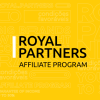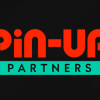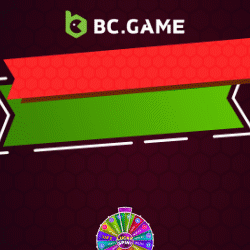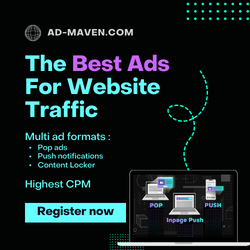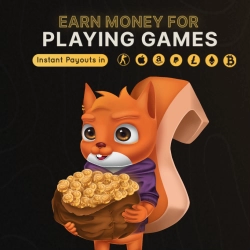Today, I'd like to talk about the best On-Page SEO tips that won't include meta tags and keywords. You should know enough about these topics and there is no need to continue to repeat them over and over again. Let us dig deeper into other SEO tips that will help you to optimize your pages. It is easy to create a simple checklist to use when you're writing your website content that will drive more traffic to your site. So let's get started.
What Do Search Engines Love?
Title Tags: Did you know that your title tags are a very important on-page SEO features that you need to be concerned about? You should always try and start your title tags with your keywords. Just keep in mind that the closer your keyword is to the beginning of the title tags, the better off you'll be with search engines. They look for the title tags and your keywords and this is so important that you understand this when adding the tags to your title.
SEO Friendly URLs: When creating your page URL they should be short and not long and ugly. There have been more than one study conducted about how search engines look at your URLs. If you make your URLs short and keyword rich, you'll have such an easier time ranking and being found by search engines.
Title Modifiers: When you add different title modifiers to your title, this will really boost your chances with search engines. Modifies such as the year (2018 or 2019), review, reviews, guide, or even best will really help you with search engines and finding your content.
Wrapping Your Title: If you use an <h1> tag in your title this will work so well. You won't need to worry if you are using a WordPress theme because they automatically do this for you. There are some site builders that won't do this and you'll need to check to see if it is set your not. If you don't know what it is, this is the H1 tag in your headline tag.
Add Images and Multimedia:: If you add some images, diagrams, videos, or any other type of engaging items to your pages it will cut down on your bounce rate. This is very critical for your user and your interaction rating with search engines.
Wrapping Subheadings: Using the <h2> subheading tags is just as important as using the <h1> title tags. Again, if you are using WordPress this is done for you automatically. Otherwise, check you these and pages to see if this is set up on your site. You should also include your targeted keywords in your subheading on your page.
Drop Your Keywords: When you are creating content it is necessary to drop your keywords in the first 100 words in your opening paragraph.
Responsive Design:: Today, most website builders have made it easy for you to optimize your site for the mobile-friendly device. However, a few of the older site builders don't have these features. You'll need to check your site to make sure it is mobile friendly. If it isn't, then you'll need to redesign your site to make it mobile friendly.
Outbound Links: When you use outbound links to relative content it helps the search engine to understand what your content is all about.
Internal Links: Search Engines love internal links and if you add 2 to 3 internal links to other content on your site it will boost your ratings.
Use LSI Keywords: An LSI keyword is a synonym that Google will use to determine a webpage relevance. If you add LSI keywords to your content this will improve your site's importance.
Social Sharing:: Add the social sharing button to all your site pages.
Optimize Images:: Add your keyword to your image file names.
Content-Length:: The length of your articles is very important. Google will rank your content higher if you have a very high word count.
Does anyone have any questions or anything to add?





























